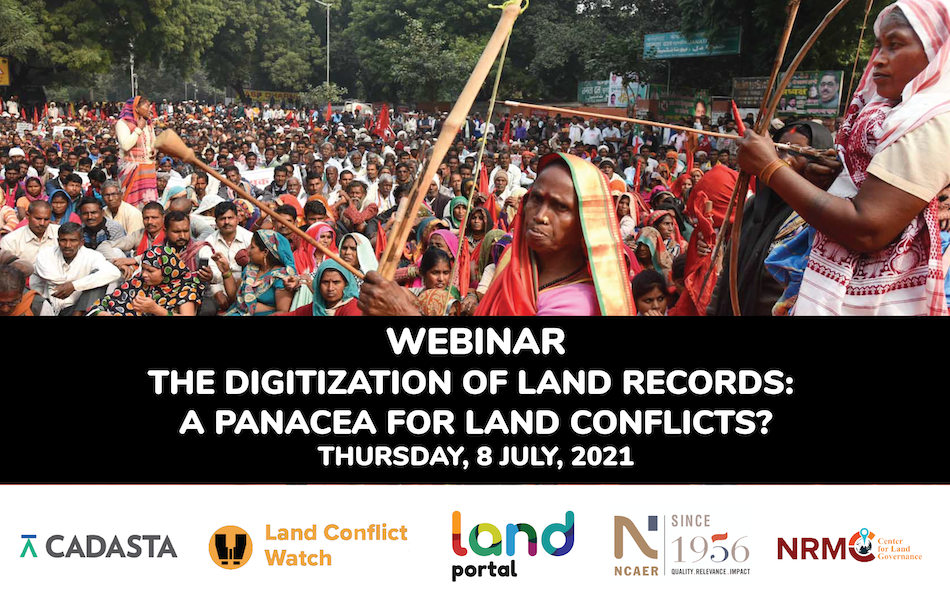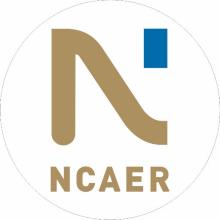Access to land is a critical factor for economic growth and poverty reduction. For government, industry, and citizens to be able to use this asset effectively and to minimize land conflicts, it is important to have access to reliable land and property records. Digitizing these land records is critical for ensuring economic growth, as accessible, high quality records not only helps increase the visibility and availability of land for large-scale investment opportunities, but at an individual level, also makes it possible for the public to transact land and use it for seeking credit in a dispute-free environment.
In March 2021, the National Council of Applied Economic Research (NCAER) in India released its second Land Record and Services Index (N-LRSI) 2021, which aims to enable evidence-based solutions for securing land, housing and property rights in India. The index is based on data collected from 2020-2021 and evaluates the extent of digitization of land records and the quality of these land records. This index aims to understand the extent of this progress and existing gaps and to identify measures to improve land records in each state. It revealed that almost all States and Union Territories in India have made substantial progress in their efforts to digitize land records.
This webinar discussed the potential of the digitization of land records for improving land governance and reducing land conflict around the world, using the NCAER Land Services Index as a use case. It considered the implications for women’s land rights as well as possible implications on community and customary land rights, as well shortcomings. Is digitization a magic bullet? What states and territories are excelling and why? Is digitization a tool to combat patriarchal norms keeping women from giving up their protected land right in family structures? The webinar discussed these issues and more.




